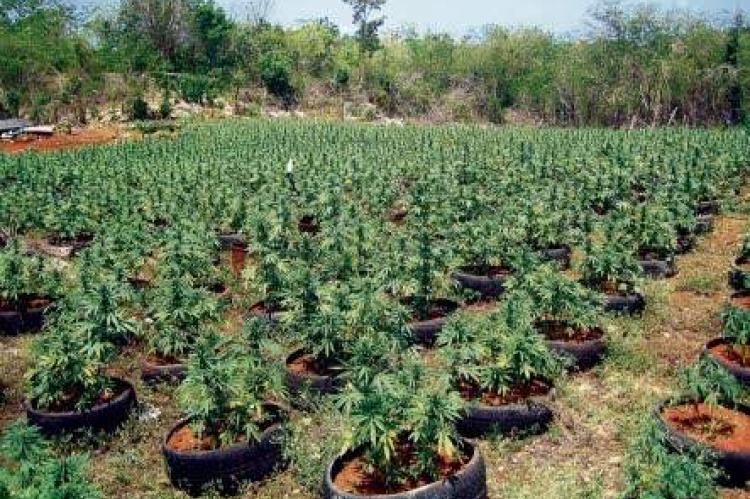Medical cannabis: A new horizon for small Jamaican cultivators
Rules are not made to be broken. The principles that underpin the development and use of therapies from cannabis are not to be “juggled”. Globally, we are now seeing the calamity caused by breaking these rules. The list of examples is long. These include using cheaper, fake ingredients in products, mixing cannabis flowers with lookalike plants, selling “mould-ridden” plants to clients, and peddling fake certificates of analysis.
The cannabis plant is a scavenger, thus cultivating cannabis in soil polluted with contaminants and rich in heavy metals will taint the safety profile of the plant. Clearly, unsafe cannabis products are reaching the global marketplace. Some of these products are linked to patient deaths and some have been identified by regulatory agencies and pulled from the market in ways that have felled companies and destroyed investors.
Conscious Jamaican cultivators are watching this situation fully aware that this country needs only one such publicised incident to derail fortunes and destroy our fledgling medical cannabis industry. We need to avoid impending calamity, shift our horizon towards a science-led vision for the Jamaican cannabis industry. We know that “puss and dawg nuh have the same luck”.
From farm to pharmacy
Anyway, the fact that Jamaican products constitute an estimated 0.1 per cent of medical cannabis products registered for sale in this country has nothing to do with our failure to follow the rules. This untenable situation was understood at the start of an industry where local production was not yet ready for introduction into the treatment space. However, this situation can hold no longer.
Jamaica boasts scientists who understand these rules. There are cultivators who are willing to provide interesting cultivars. The technology is here to extract varied active ingredients. We can test plants and put master formulators to work. Why then are we not moving our Jamaica cannabis plants from farm to pharmacy?
In my opinion, the answer is to be found in a mix of circumstances and situations. There is our own mentality that underpins the acceptance of some of our people that Jamaica can best provide raw material for export — vestiges of the plantation society. Consequently, there is little interest in targeting government funds to seed the higher ends of the value chain of the medical cannabis industry. Yet, if Jamaica is to build a viable medical cannabis industry, the country must earn a reputation for the research and development of medical products that can treat illnesses, improve the quality of life, and prevent diseases.
This trajectory does need the infusion of international investment as well. Such interest can be attracted through incentives for investors who are interested in engaging in this high-level research and new product development. We cannot do this without collaboration with the Ministry of Health and Wellness. Further, universities should be exempted from fees and other encumbrances that restrict the capacity of these institutions to innovate and lead in this type of collaborative initiative in this medical cannabis space.
Business of inclusion
It is no secret that the Jamaican small cultivators of medical cannabis are disgruntled despite the Government's best effort to institute an alternative development programme. We need to address those defects in a governance regime that is fostering such animosity and despair at the lower levels of the new industry.
It is time to arrest the competing agenda that seeks to benefit from the Jamaican brand with limited interest in small cultivators and sustainable development. These are corrosive factors that if not addressed will compromise the stability and survivability of the fledgling industry in Jamaica.
Finally, there are those who advance the idea that large international investments are the way forward. As an academic and pragmatist, I appreciate this argument. However, the vexing question of the moment to which policy must respond is how to integrate the interest of the small cultivators in this bigger picture so that their sense of alienation in an industry that they pioneered is addressed satisfactorily.
The Government of Jamaica can start by funding a partnership between research institutions and the alternative development programme in which the cultivators will engage in a true medical cannabis industry that will transform their harvest into products that can meet patients' needs safely and effectively. This solution blends the power of Jamaican academia with the wisdom of communities. It is in keeping with one of the finest values of our society; in which we believe that we can do well and do good at the same time. This is a perfectly Jamaican thing to do!
Authored by: Ellen Campbell Grizzle, The Jamaican Observer
- Log in to post comments

